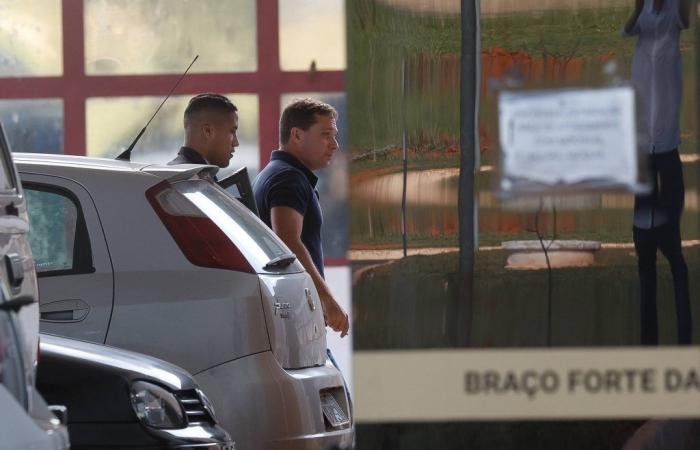The plea bargaining institute has been improved since its implementation in 2013, but it still has gaps exposed in recent cases, such as that of Mauro Cid, former aide-de-camp of Jair Bolsonaro (PL) investigated for a series of crimes by the Federal Police, and that of former military police officer Ronnie Lessa, confessed killer of councilor Marielle Franco (PSOL).
Among the doubts that raise debate among experts are the amount of evidence needed to, added to the whistleblower’s testimony, lead to preventive arrest; the implications of a termination of the plea; the benefits offered in negotiation; the precise separation of negotiation stages; and cases of disagreements between different authorities involved in the agreements.
In Brazil, allegations require corroborating evidence to support precautionary measures such as preventive detention. The requirement appears expressed in the 2019 anti-crime package, which brought a series of measures to improve the institute.
Such as Sheet showed, a Federal Police report used to arrest those suspected of having ordered Marielle to be killed exposed evidentiary difficulties in confirming the accusation.
“People were preventively arrested as a result of a prize-winning collaboration [no caso Lessa]. What is expected is that the Judiciary has, even if minimally, analyzed the existence of corroborating evidence presented by the collaborator”, says Luísa Walter da Rosa, master in State law from UFPR (Federal University of Paraná) and author of books on criminal agreements and plea bargains.
In the case of Mauro Cid, a question raised and still open is about the effects of a possible termination of the plea, suggested after leaked audios of the lieutenant colonel criticizing the conduct of the investigation by the PF and Minister Alexandre de Moraes, of the STF . According to Luísa, it is still not clear what the consequences of terminating a contract are.
“This is important because it affects what can be done with the elements that were produced in the plea bargain. Depending on how the agreement is terminated, the State may or may not use the evidence that was provided by the collaborator”, he states.
The expert also cites as gaps the excessive tightening of the margin of benefits that can be negotiated with the whistleblower and the insecurity regarding what should happen when the police and Public Prosecutor’s Office disagree on whether it is worth establishing collaboration.
FolhaJus
The newsletter about the legal world exclusively for Folha subscribers
For Maurício Zanoide, professor of criminal procedure at USP, the fact that Brazil does not have a solid culture in criminal agreements explains some of the loopholes that still persist in the law.
He understands that it is necessary to separate the police or Public Prosecutor’s Office teams that negotiate collaboration and those that carry out investigations, which is not the practice. “It is necessary to isolate the negotiating and investigative environments, as they require teams trained in different aspects”, he states.
Another loophole would be the lack of a precise separation of the negotiation stages, which can lead to problems such as inappropriate pressure from authorities on the employee. “There is no clear definition of the exact moment in which the information collection phase should be completed and when the agreement will be signed,” he says.
According to professor at the USP Law School and criminal lawyer Mauricio Dieter, the main gap in the allegations is the lack of metrics on the consequences in case of non-compliance with the collaboration agreement by any of the parties.
He argues that the law still leaves a lot of room for subjectivity and defends more precise monitoring by the judge who approves the agreement. “The institution of whistleblowing is a catastrophic legal insecurity.”
Established in the law on criminal organizations (law 12,850/2013), the institute had a pioneering character, but faced distrust after excesses committed in Operation Lava Jato. After the legal case, changes in legislation improved whistleblowing.
The main ones, cited by experts, are contained in the anti-crime law (13,964/2019), which guaranteed that collaborations must be corroborated by evidence and cannot give rise to precautionary measures or the offering of a complaint based solely on the whistleblower’s speech.
The gaps, states Luísa Walter da Rosa, point to the need for continuous improvement of the legislation, not for the extinction of the institute.
“The award-winning collaboration is a watershed moment in the criminal process and an extremely necessary instrument for the dismantling of criminal organizations”, he says.






